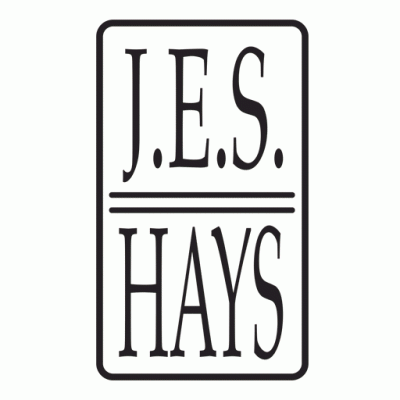So what exactly should be in your query letter?

In Angie Hodapp’s Query Letter Boot Camp, we talked about the three (or four) parts of a query letter:
- (Polite) Greeting: This is where you tell the agent or editor about any connections the two of you have. The object is to get them to read the letter more carefully, so if you met at a conference and they said your story sounded interesting, mention that. If another author in their stable recommended you contact them, that’s another connection. At the very least, you might mention that you read their Wish List and your book fits exactly what they’re looking for — but only if it really does.
- Project Summary: This is where you give the manuscript’s title, genre, word count, and comps (comparable titles). If you have any accolades for this project, mention those also. A note about comps: you need to have two or three ready to go at all times without having to stop and fumble for something. These should not be the current best-sellers, but books that actually would be sitting next to yours on the bookstore shelf. They’re not books that are similar to yours in plot, or whose writing is similar to yours, but books that are similar in subject matter and genre. Make sure they’re current, also. Otherwise, it looks as if you’re not reading in your genre, which is a big no-no (if you don’t read the competition, how are you going to outshine them?).
- Pitch: This should be two to three paragraphs max, and should read like the back cover blurb. You don’t give away the ending or any surprise plot twists, but you do give the bones of the story and hook the agent or editor into asking to see the whole manuscript. You should be giving the protagonist, their goals, why they want them (motivation), what’s keeping them from achieving those goals (antagonist or antagonistic force), what they’re trying (and failing at) to achieve the goals, and what happens if they do fail (stakes).
- Bio and Credits: The final paragraph should give a little bit about you and your writing credentials. If you have none as a new writer, just give a very short bio like “I live in New Jersey with my wife and seven cats.” If your day job impacts your manuscript (say you write cozy mysteries about a cake decorator and your day job is a baker or decorator), then mention that. Otherwise, don’t mention your other career. If you do have credentials, mention where you’ve been published or what awards you’ve won recently (let’s not go back to your school accolades unless you’re a teenager). Sign off with a polite “Thank you for your consideration” or “I look forward to hearing from you.”
And that’s it. Of course, your query letter should be every bit as polished as your manuscript. Go over it with a fine-toothed comb and make sure it’s as tight as you can get it and that it shines out from the slush pile of letters every agent and editor gets daily. That means not only no typos, but no wasted words. You should be able to condense your book into a two- to three-paragraph pitch that excels at selling the story. And, of course, you follow polite business letter etiquette and spell the agent’s (or editor’s) name correctly, have researched to make sure they do want what you’re writing, and have already finished and edited your manuscript (at least one edit, preferably more). If you have a polished manuscript and a polished query letter to go with it, you should get some requests to see that manuscript.
